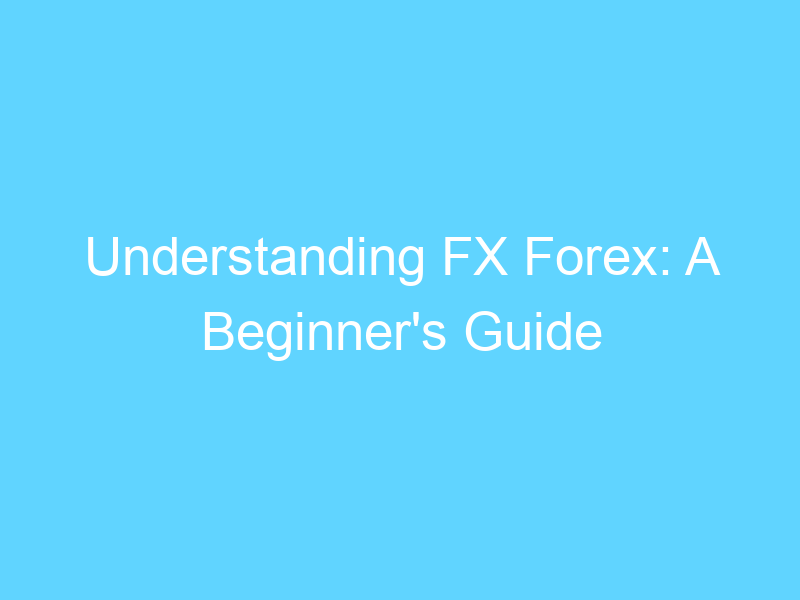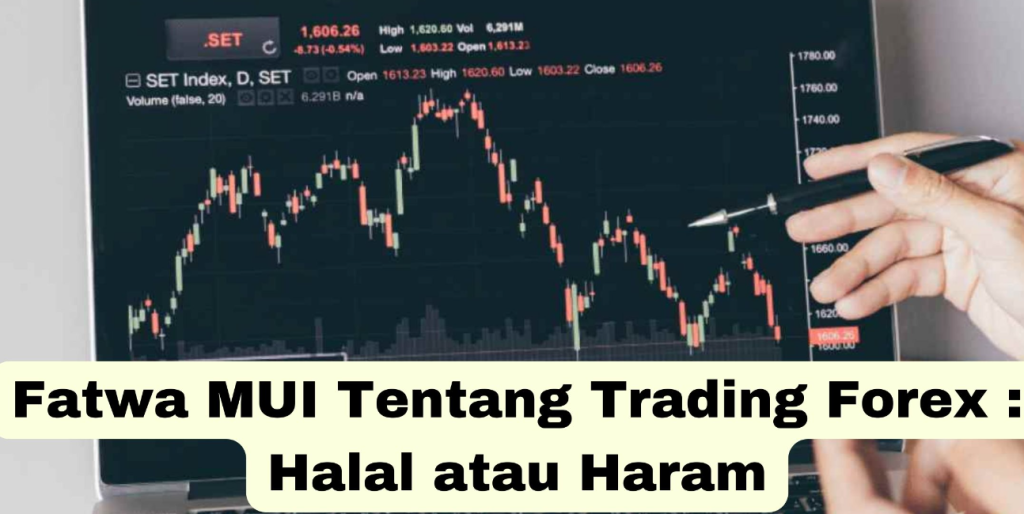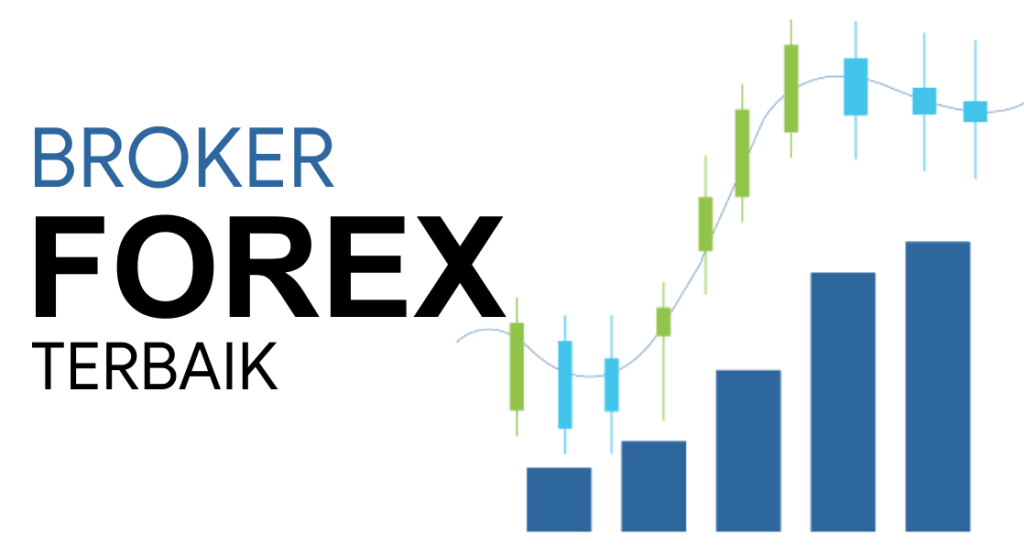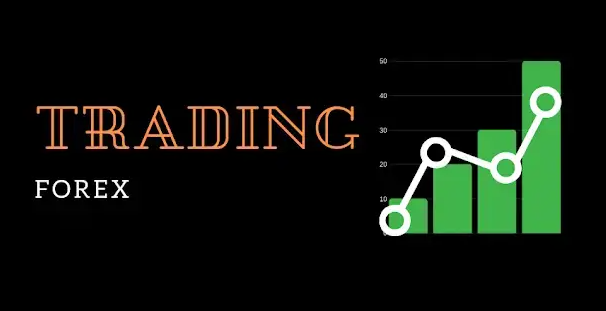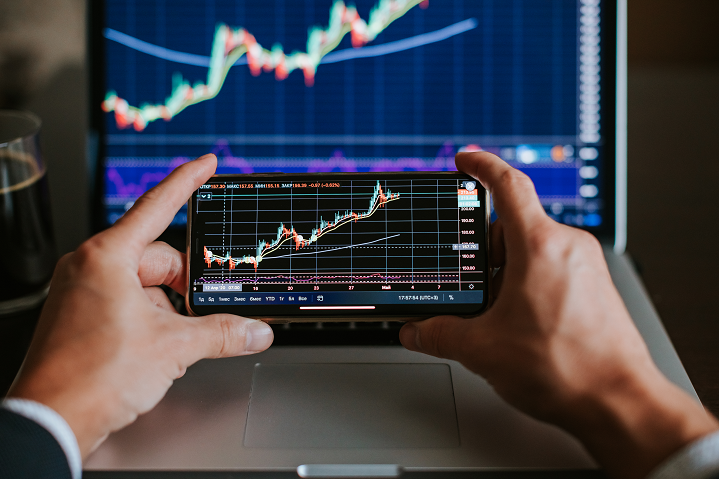In today’s fast-paced financial world, the term “FX Forex” has gained significant popularity. But what exactly does it mean? How is it used in the world of trading and investment? In this article, we will delve into the world of FX Forex, exploring its meaning, significance, and how it can be utilized by traders and investors.
What is FX Forex?
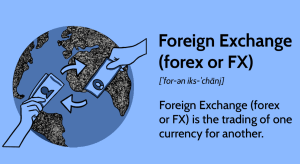
FX Forex, also known as foreign exchange, is the global marketplace where different currencies are bought and sold. It is a decentralized market where participants can trade currencies around the clock, five days a week. The term “FX” is an abbreviation for “foreign exchange,” and it refers to the process of exchanging one currency for another at an agreed-upon price. The Forex market is the largest and most liquid financial market in the world, with an average daily trading volume of trillions of dollars.
How Does FX Forex Work?
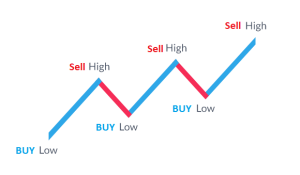
In the FX Forex market, currencies are traded in pairs. For example, the popular EUR/USD pair represents the exchange rate between the Euro and the US Dollar. Traders and investors in the FX Forex market aim to profit from the fluctuations in exchange rates between currency pairs. They speculate on whether a particular currency will appreciate or depreciate in value relative to another currency.
FX Forex operates on the principle of supply and demand. The value of a currency is influenced by various factors such as economic indicators, geopolitical events, central bank policies, and market sentiment. Traders analyze these factors and use different strategies to make informed trading decisions.
Benefits of FX Forex Trading
FX Forex trading offers several benefits that make it an attractive option for traders and investors:
- Liquidity: The FX Forex market is highly liquid, meaning there are always buyers and sellers available. This ensures that traders can enter and exit positions at any time.
- 24/5 Market: The Forex market operates 24 hours a day, five days a week, allowing traders to participate in trading activities at their convenience.
- High Leverage: FX Forex brokers offer leverage, which allows traders to control larger positions with a smaller amount of capital. This amplifies potential profits, but it also increases the risk.
- Diversification: With a wide range of currency pairs available, FX Forex provides opportunities for diversification and spreading risk across different assets.
Strategies in FX Forex Trading
Successful FX trading requires a solid understanding of market dynamics and the implementation of effective trading strategies. Here are a few common strategies used by FX traders:
- Trend Trading
Trend trading involves identifying and following the prevailing trends in the market. Traders aim to capitalize on the momentum of a currency pair by buying during an uptrend or selling during a downtrend.
- Breakout Trading
Breakout trading involves entering a trade when the price breaks out of a defined range or a significant level of support or resistance. Traders anticipate that the breakout will lead to a strong price movement.
- Range Trading
Range trading involves identifying price levels where a currency pair tends to trade within a range. Traders aim to buy at the lower boundary of the range and sell at the upper boundary, taking advantage of price reversals.
Risks in FX Forex Trading
While FX trading offers potential opportunities for profit, it also comes with risks. It’s essential for traders to be aware of these risks and manage them effectively. Some common risks in FX trading include:
- Volatility: The FX market can be highly volatile, with prices fluctuating rapidly. Sudden market movements can result in significant gains or losses.
- Leverage Risk: While leverage can amplify profits, it also magnifies losses. Traders need to use leverage responsibly and have proper risk management strategies in place.
- Market Risk: Various external factors such as economic events, political instability, and policy changes can impact currency prices. Traders should stay informed about market developments and adjust their strategies accordingly.
- Counterparty Risk: FX trading involves transactions with various market participants. There is a risk of default or financial instability of counterparties, such as brokers or financial institutions.
Conclusion
FX Forex, or foreign exchange, is a dynamic and liquid market where currencies are traded. It offers opportunities for traders and investors to profit from the fluctuations in exchange rates. However, it’s crucial to approach FX Forex trading with knowledge, strategy, and risk management. Understanding market dynamics, using effective trading strategies, and staying informed about market developments are essential for success in FX trading.
Suggestion
If you’re interested in exploring FX trading, it’s recommended to start with a solid educational foundation. Take the time to learn about the market, study trading strategies, and practice with demo accounts before risking real money. Additionally, consider working with a reputable broker who provides reliable trading platforms and educational resources to support your journey in FX trading.

